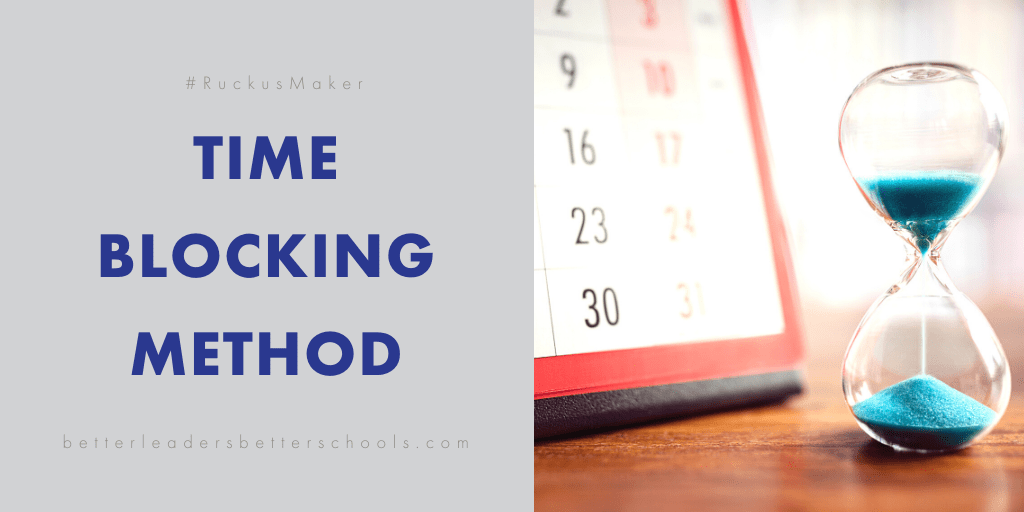When the timer goes off, it’s time to move on.
Constraints are a beautiful thing. Time-blocking is magic. Working from an ideal week is powerful.
Using a timer and having the discipline to listen to it separates the productive from the unproductive.
Time-blocking is not rocket science.
Consider the tasks that will create the most value for your organization. Put those on the calendar first. Then, schedule in everything that needs to get done, but isn’t inspiring or significant. Those tasks go on the calendar too but are given the least amount of time.
Now set your timer and off you go.
Limit your exposure to social media. 30 minutes a day (or less) should do. When you hear the buzz of the timer, move on.
Ideally, I check email once a day. 30 minutes is enough. Timer is set. I hear the buzz and move on.
Deep work is more important. I might build a new website and work in a 90-minute sprint. I’m writing my second book. That requires a 60-minute sprint. The timer goes off. I move on to the next task.
Give the most time to most important work, but even 10 minutes toward a task means progress.
YOUR IDEAL WEEK SUBSCRIBE
Get your free ideal week course



